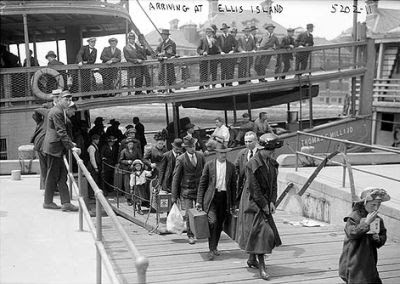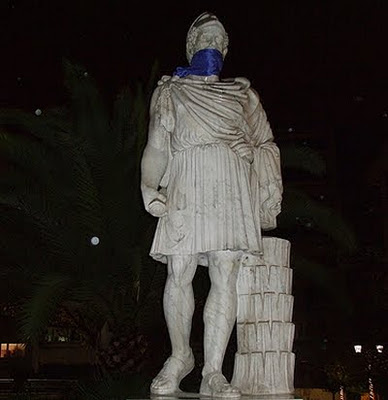Spiritual Ignorance

Spiritual Ignorance Paul described his past as a blasphemer, persecutor and insolent opponent. He knows firsthand how the "certain persons" are acting in Ephesus, because he once was the same. He used the Law of God as a weapon and a rod , exerting control over others and protecting his own power and influence. Paul had used the law unlawfully. But Jesus graciously forgave and transformed Paul. "But I received mercy because I had acted ignorantly in unbelief, and the grace of our Lord overflowed for me with the faith and love that are in Christ Jesus." 1 Timothy 1:13-14 (ESV) Ignorance causes unbelief , and actions flow from that unbelief that can hurt one's own self and others. IGNORANTLY: agnoeo (not to know, to ignore); from a (not) and noeo (to exercise the mind, to observe, to comprehend or heed); from nous (the intellect, the mind, meaning); from ginosko (to know absolutely) We use a similar word in English: agnostic. "Agnostic"







